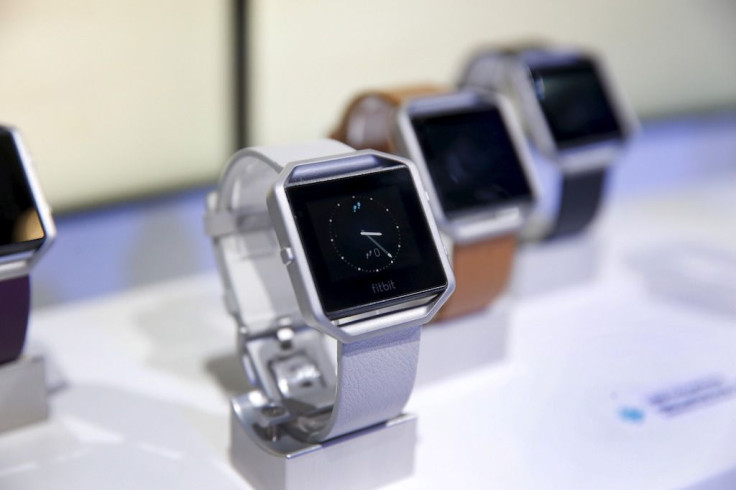Why Fibit Isn't The Best-Selling Wearables Company Anymore

This article originally appeared on the Motley Fool.
We're about halfway through 2017 and it's already proven to be a pivotal year for the wearable technology market. The latest data from IDC shows that consumers are starting to move away from fitness trackers and bands and are buying more smartwatches, with differentiating features like a GPS. That's great news for Apple (NASDAQ:AAPL), but has been a bit of a blow to the former wearable tech leader Fitbit (NYSE:FIT).
Let's take a quick look at the key players in the wearable space and how 2017 is shaping up to be a good one for some of these companies.
According to data from IDC, Fitbit was usurped as the top wearable tech leader for the first time ever during the first quarter of 2017, which is the most recent data available. China-based tech company Xiaomi took the No. 1 spot in the quarter with 14.7% market share. It's also worth mentioning that Apple nearly tied Xiaomi in quarterly shipments and took 14.6% market share, which pushed Fitbit down to the No. 3 spot with 12.3% market share.
Xiaomi's wearables, like its Mi bands, are the best-selling wearables so far this year. Though there should be an asterisk next to that data because Xiaomi gives some of its trackers away with sales of its smartphones. That makes shipments of Apple Watches even more impressive because even the older Series 1 Apple Watch costs $269, which is a far cry from Xiaomi's free smart bands.
Total shipments for all the companies in the quarter reached 24.7 million, an increase of 17.9% year over year, but the one company that isn't celebrating is Fitbit.
"Fitbit finds itself in the midst of a transformation as user tastes evolve from fitness bands to watches and other products," IDC's research manager for wearables, Ramon Llamas, said in a press release. "This allowed Xiaomi to throttle up on its inexpensive devices within the China market and for Apple to leverage its position as the leading smartwatch provider worldwide. Now that Xiaomi and Apple have supplanted Fitbit, the next question is whether they will be able to maintain their position."
Fitbit is clearly still a major contender in wearables and the company's purchases of Coin, Pebble, and Vector are all believed to be part of a bigger strategy for Fitbit to release its own Apple Watch competitor some time this year.
Apple was one of the biggest wearable shipment winners so far this year, with a year-over-year shipment increase of 64%, to 3.6 million units.
"The Series 1 and 2 have been a welcome change from the higher priced and undifferentiated experience found on the original Apple Watch from a year ago, attracting both first-time users and those seeking to replace their previous Watches," IDC's statement said.
While Apple and Xiaomi have stolen the show so far in 2017, investors can expect Fitbit to likely mount its own comeback attempt when it launches a smartwatch later this year. Until then, Apple remains the best wearable tech stock play for investors -- and that doesn't appear to be changing any time soon.
Chris Neiger has no position in any stocks mentioned. The Motley Fool owns shares of and recommends Apple and Fitbit. The Motley Fool has a disclosure policy.



















